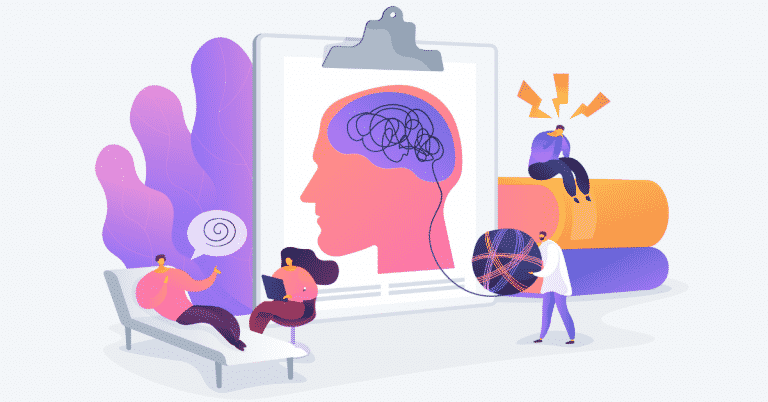Why Do Addiction and Co-Occurring Disorders Go Together
Addiction and Co-Occurring disorder often go together and here’s why. Approximately 8.1 million adults in the U.S. have a co-occurring disorder of addiction and mental illness. Furthermore, individuals with an addiction are twice as likely to suffer from a mood or anxiety disorder, antisocial personality disorder or conduct disorder compared to the general population.
What Is A Co-occurring Disorder?
A co-occurring disorder is the occurrence of two disorders or illnesses in the same person. Although this term can refer to any combination of disorders and diseases, it often describes someone who suffers from a mental health illness (e.g., major depression) and a substance use disorder.
Symptoms may interact between conditions to influence the course and prognosis of both disorders.
“It is often difficult to disentangle the overlapping symptoms of drug addiction and other mental illnesses, making diagnosis and treatment complex.” – Nora Volkow, Director of the National Institute on Drug Abuse
Other psychiatric disorders commonly seen in combination with substance use disorder include:
- Schizophrenia
- Post-traumatic Stress Disorder (PTSD)
- Bipolar Disorder
- Attention-Deficit Hyperactive Disorder (ADHD)
Within the last 12 months, NESARC reports a high number of co-occurring disorders, including:
Patients With A SUD
- 44% have personality disorders
- 28% have mood disorders
- 24% have anxiety disorders
Patients With An AUD
- 25% have personality disorders
- 16% have mood disorders
- 16% have anxiety disorders
Patients With Both Substance And Alcohol Use Disorders
- 51% have personality disorders
- 35% have mood disorders
- 27% have anxiety disorders
- 46% have post-traumatic stress disorder
The Chicken Or The Egg?
Which came first – the addiction or mental illness? The answer is both. For some, substance use triggers symptoms of a mental illness. Since the symptoms of both co-occurring disorders look alike, it’s hard to track the root cause. Once the patient finds abstinence, remaining symptoms can be addressed. For others, mental illness leads to self-medicating to alleviate symptoms such as anxiety, depression, and discomfort.
Three Ways To Treat A Co-Occurring Disorder
The good news is that almost half (47%) of the addiction treatment facilities have specific programs to help patients with a co-occurring disorder. Research shows that cognitive behavioral therapy improves the psychological functioning of patients. Some specific treatment approaches include:
- Integrated Dual Disorder Treatment (IDDT). This approach combines medications, psychological, educational, and social mechanisms to promote recovery for individuals with co-occurring disorders.
- Seeking Safety is a counseling model for individuals with trauma and substance use disorder. It encourages patients to share their trauma story. Key principles of the model include gaining safety, focusing on ideals, and attention to cognitive, behavioral, interpersonal, and case management.
- Integrated Group Therapy (IGT) specifically treats adults who suffer from bi-polar disorder and a substance use disorder. IGT emphasizes abstinence from alcohol and other drugs. It also helps patients recognize how their moods relate to substance use. Patients learn how to prevent a relapse, life skills, and medication management.
More Articles To Read
8 Tips To Overcome Recovery Resistance





















